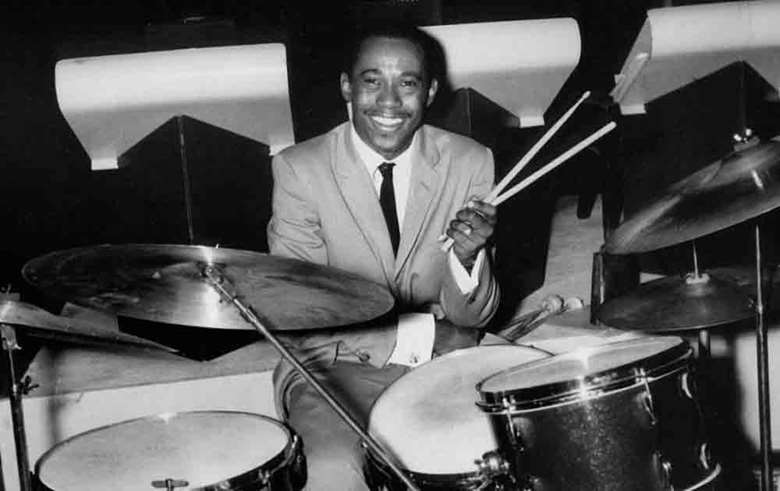Charli Persip – 26/07/1929-23/08/2020
Alyn Shipton
Thursday, August 27, 2020
Alyn Shipton remembers the legendary jazz drummer and his remarkable life

The first time I heard Charlie Persip (as he still spelled his name at the time) was at a short-lived New York club called Lush Life in 1984, playing drums in a trio with bassist Eddie Gomez and (forsaking the drums himself) Jack DeJohnette on piano. It was a brilliant evening with Jack demonstrating his distinctive and little-heard style of piano, but mostly because of Persip’s perfect sense of time and dynamics. As the second set began, there was a kerfuffle at the door and Art Blakey came in, there (as he announced loudly to the next table) to hear a fine drummer — and he didn't mean Jack.
They’d appeared together on the 1960 Gretsch Night at Birdland album on Roulette, which put Charlie in a foursome alongside Art, Philly Joe and Elvin, and that’s the company in which he belonged. His time with Dizzy Gillespie from 1953-8 established him as one of the greatest big band drummers of the 1950s, along with Sonny Payne and Sam Woodyard. Alfred Appel, writing in the French magazine Jazz Hot, said:“He swings the whole band, punctuates the breaks excellently and takes the minimum of solos.” It would be hard to put it better.
Persip followed early work with Tadd Dameron by joining Dizzy, and then recorded with his own Jazz Statesmen (featuring Freddie Hubbard, Marcus Belgrave and Ron Carter) in 1961. Over the next decade, he recorded across the stylistic spectrum from Dinah Washington and Zoot Sims at one end to Roland Kirk, Eric Dolphy and Archie Shepp at the other. But as he told me when I interviewed him at length, his proudest achievement was his 40-year association with the group that he co-led originally with trumpeter Gary Le Furn, known initially as Superband, and later when he became sole leader and dropped the “e” from his forename in the mid-80s, as SuperSound.
He wrote a textbook called How Not to Play Drums, a title typical of his dry wit. But I most remember him as totally dedicated to his craft, exemplified when Ronnie Verrall once told me he’d trekked to hear Charlie with Dizzy at the Spotlite, playing brilliantly on a snare drum with a split skin that he was too poor to replace!